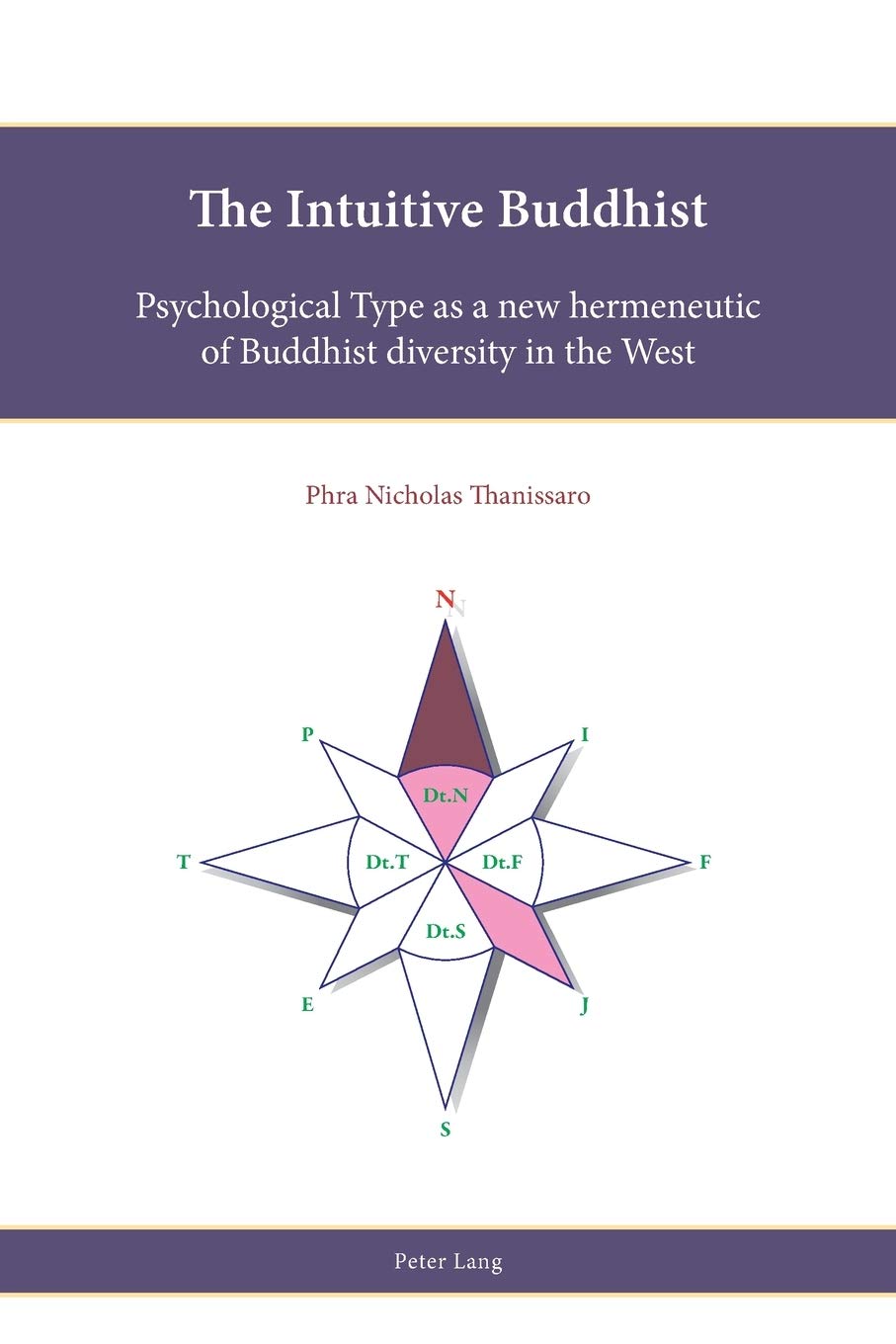

Most ebook files are in PDF format, so you can easily read them using various software such as Foxit Reader or directly on the Google Chrome browser.
Some ebook files are released by publishers in other formats such as .awz, .mobi, .epub, .fb2, etc. You may need to install specific software to read these formats on mobile/PC, such as Calibre.
Please read the tutorial at this link: https://ebookbell.com/faq
We offer FREE conversion to the popular formats you request; however, this may take some time. Therefore, right after payment, please email us, and we will try to provide the service as quickly as possible.
For some exceptional file formats or broken links (if any), please refrain from opening any disputes. Instead, email us first, and we will try to assist within a maximum of 6 hours.
EbookBell Team

0.0
0 reviewsBy examining teenage heritage and convert Buddhist communities in the West through the lens of Psychological Type, this book presents hard evidence from hundreds of self-identifying Buddhists in the UK, that the diversity of Buddhists, previously described in terms of ethnic dichotomy, is better explained in terms of Psychological Type preferences. By moving past biologically determined features such as ethnicity, the book represents a long overdue yardstick for the full spectrum of diversity within the Buddhist community – since Psychological Type preferences, such as the sliding scale of Intuition, give more predictive nuance and avoid orientalist prejudice. The book puts Buddhism on the map of Psychology of Religion by showing the statistical links between personality and more than twenty individual differences, including tendency to meditate or visit the temple. The hermeneutic of intra-Buddhist diversity described in this book, apart from providing a mirror of self-understanding for individual Buddhist practitioners, can be applied by anthropologists of Buddhism, Religious Education stakeholders and chaplains to ensure equality and objectivity in their work. Meanwhile, the book’s relatable ‘Type Compass’ style of graphic presentation represents a common ‘language’ for religious study that invites comparison between Buddhism and other faith traditions.